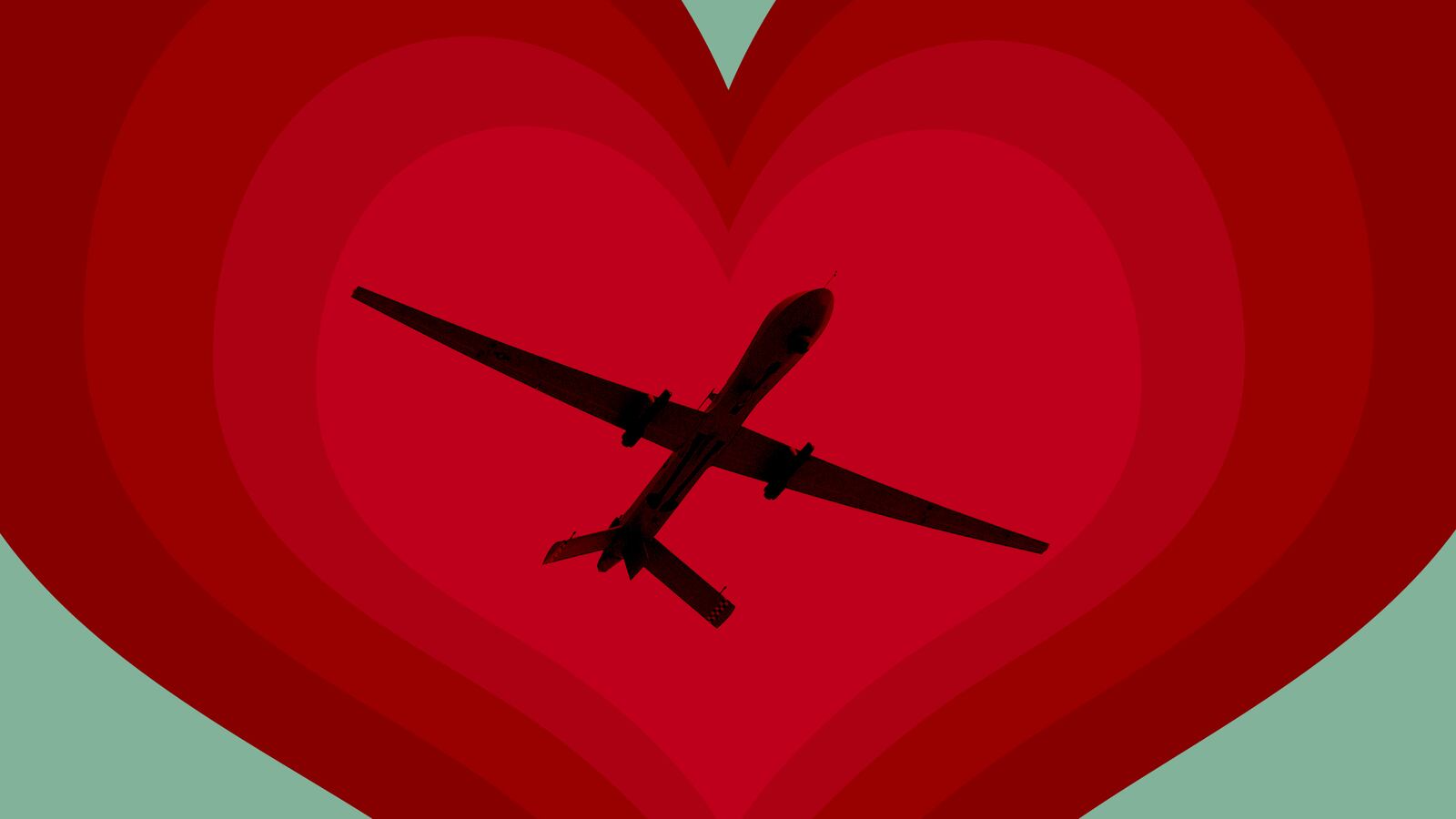KABUL — Drone strikes carried out by the United States have been criticized by many, including by human rights organizations who cite civilian casualties in Pakistan’s tribal areas and in other countries like Yemen, Iraq, and Somalia. There are online petitions calling for the U.S. drone program to be stopped at any cost, and there have been protests in Western capitals. Anti-war organizations in Western countries have made their opposition to drones a central pillar of their “pro-peace” mandates.
In the past few years, 90 percent of U.S. drone strikes have occurred in Pakistan’s tribal areas, targeting terrorists in one of the most dangerous parts of the world. This danger, and the area’s extreme geography, make it a place where very few people visit to report independently on events there. Drone strikes have generally targeted leaders of the following three terrorist organizations: al Qaeda, the Pakistani Taliban, and the Haqqani Network.
In June 2012, a U.S. drone strike killed al Qaeda’s deputy, Abu Yahya al-Libi, in Waziristan, Pakistan’s main tribal region. In August 2011, a U.S. drone strike killed Atiyah Abd al-Rahman, also in Waziristan. He was al Qaeda’s top operations commander and a close aide to Osama Bin Laden, killed in a U.S. commando raid earlier that year. In May 2010 another U.S. drone strike in Waziristan killed Mustafa Abu al-Yazid, al Qaeda’s chief financial officer, one of the organization’s founders and its third in command. More recently, in January this year another CIA drone strike killed al Qaeda’s American spokesperson, Adam Gadham, who was a leading jihadist recruiter in the West, along with Ahmed Farouq, another U.S. citizen (most probably recruited by Gadham).
Hundreds of other terrorists have been killed by drone strikes in Pakistan’s tribal region. In August 2009, a drone in Waziristan killed Baitullah Mehsud, leader of the Pakistani Taliban responsible for killing thousands of Pakistani civilians and for the assassination of Benazir Bhutto. In November 2013, another drone killed Hakimullah Mehsud of the Pakistani Taliban, who was responsible for the killing of nine CIA officers in Khost province of Afghanistan. In May 2013, Wali ur Rahman Mehsud, deputy of the Pakistani Taliban, was also killed by a drone strike. Together, these three individuals were responsible for the killing of hundreds of Afghan, Pakistani, and American citizens.
Mullah Sangeen Zadran and Badrudin Haqqani, leaders of the Haqqani Network, were each killed in separate CIA drone strikes in Pakistan’s tribal areas. The Haqqani Network is responsible for killing hundreds of American and Coalition soldiers in Afghanistan, mainly through suicide bombings.
It was al Qaeda that plotted the 9/11 attacks in New York, killing 3,000 innocent people. The Madrid train bombing killed 191 innocent civilians. The London metro bombing killed 52 innocent civilians. The list of al Qaeda attacks, and their hundreds of innocent victims, goes on. But what is too rarely understood is that it is in the region where drone strikes are concentrated, Pakistan and Afghanistan, that the overwhelming majority of victims of these terrorist groups can be found.
In Afghanistan alone, according to U.N. statistics, 17,774 Afghan civilians were killed between 2009 and 2014, and 90 percent of these killings were perpetrated by the Taliban, Haqqani Network, and al Qaeda.
The difference lies not only in the immense volume of civilian deaths for which these groups are responsible, but also that civilian deaths are the intentional goal of these terrorists, rather than unintended casualties.
Al Qaeda and the Taliban will continue to kill innocent women, men, and children in Afghanistan, in Pakistan, and beyond, if they are not destroyed in their sanctuaries. Western groups who oppose drone strikes are notably silent on this matter. As an Afghan, it is astounding to me to witness an outpouring of concern over the targeting of proven killers, while there appears to be no corresponding concern for the tens of thousands of victims of these killers.
The uncomfortable logic that drone opponents must confront, if their argument presumes to be in the interest of human life and of peace, is how else innocent lives can be protected in the short term from terrorists who make no distinction between combatants and civilians, between child and adult, and who have no respect for the Geneva Conventions or other international law.
For us, who live in the region, terrorism is an emergency. Every day we live with the risk of death and loss from terrorist activity. We need action now. Part of the problem is that drone opponents, far removed from these battlefields, do not see our situation as an emergency. This is why the anti-drone lobbies in places like Washington, New York, and London have ignored the uncomfortable truth that drones are effective in fighting terrorism, and why they have concentrated on pointing out the very small number of civilian casualties of drone strikes while ignoring the infinitely larger number of victims of the terrorists being targeted by drones.
While these terrorist organizations do not respect civilian life, they do recognize that the people of democratic states far away do, and they have taken advantage of this in a cowardly fashion by hiding among civilians. But to really demonstrate respect for human life, critics of drones must take a macro view, considering the consequences not only of action, but of inaction. The reality is that in the absence of drone strikes in Pakistan, many more thousands of innocent lives will be taken by al Qaeda and its fellow terrorist associates.
If you are “pro peace,” it follows that you should also be pro-drone. In our present state of emergency, we, who live in the epicenter of terrorism, can no longer afford for drone opponents, in their comparative safety and comfort, to gamble our futures away in the luxury of their abstract dismissal of drones. Until drone opponents prioritize the protection of human life and discern the biggest threat to it— terrorists who operate in our region—their argument cannot be taken as anything more than a fad, and an amoral one at that.






